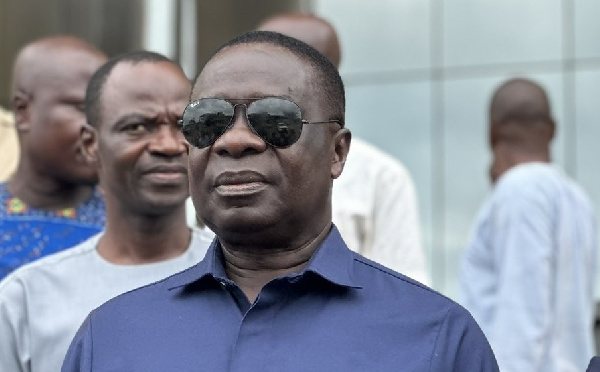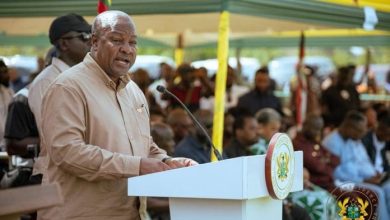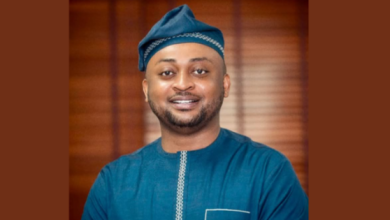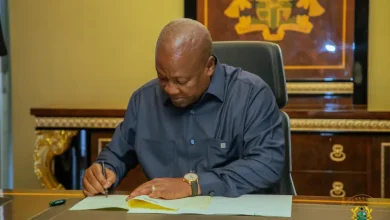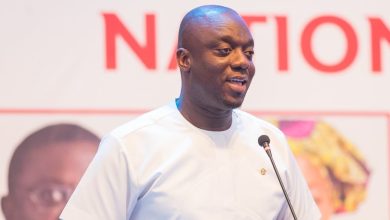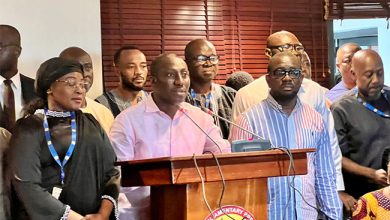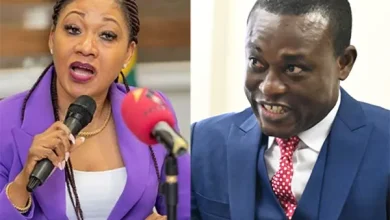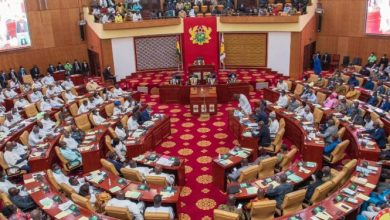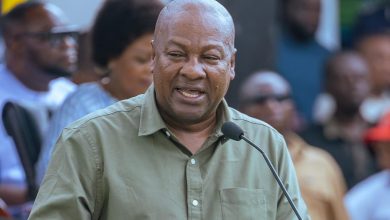Your continuous absence in court is not proper – Chief Justice chides Gyakye Quayson
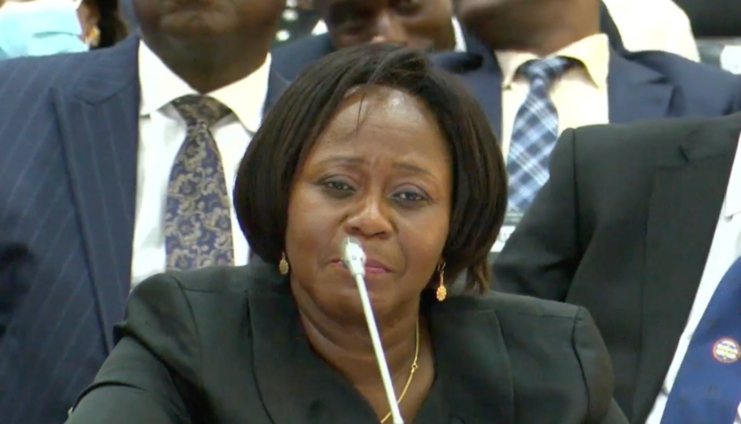
The Chief Justice, Justice Gertrude Araba Esaaba Torkonoo, has raised concern about the repeated absence of the Assin North Member of Parliament (MP), James Gyakye Quayson from proceedings at the Supreme Court any time he filed processes at the court.
She stated that it was untenable that after he filed processes at the Supreme Court, the MP most often failed to show up, only to cause one of his counsels to file and swear to statements on his behalf.
“He doesn’t treat this court properly. When you ask the court to exercise discretion, you must treat the court properly,” the Chief Justice said while presiding over a five-member panel of the apex court to hear a case filed by the MP.
Case
Mr Quayson , through his lawyers, sought to quash a decision of the Accra High Court not to allow for further disclosures in his criminal trial.
Lawyers of the MP had filed a certiorari application, arguing that the trial judge erred in denying their request to direct the Attorney General to provide additional disclosures. The lawyers argued that the trial judge made a mistake by not allowing their application to be heard. They further argued that the judge based her decision on a document from the Attorney General, which lacked an accompanying affidavit.
Mr Quayson’s counsel, Justin Teriwajah prayed the Supreme Court to set aside the decision of the High Court.
“Our submission is that, in the main trial, evidence is taken on oath; in a determination of a motion, it must be based on evidence given on oath. Our position is that if facts are deposed, the opposing side has the option to respond. That wasn’t the case,” counsel argued.
AG disagreed
However, the Attorney General, Godfred Yeboah Dame, disagreed, stating that the processes filed by the applicant were irregular.
In addition, Mr. Dame refuted claims that Mr. Quayson’s lawyers were not allowed to present their arguments at the High Court.
“Substantively, we submit that there is no error of law patent on the face of the record. An application invoking your jurisdiction must indicate matters which are patent,” he argued.
The Attorney General proceeded: “Where the court has to go beyond the depositions and fundamental attachments, clearly, that application does not properly invoke the supervision jurisdiction. It was an application for further disclosure. The application is improper and should be dismissed.”
No error of law
The Supreme Court consequently ruled that the High Court committed no error of law. “We have examined the processes and find no merit in the application. We find that the applicant was heard by the court and the court had jurisdiction to rule on the matter,” the Chief Justice stated.
With the Chief Justice on the panel were Justices Issiufu Omoro Tanko, Emmanuel Kulendi, Samuel Asiedu and Ernest Gaewu.
